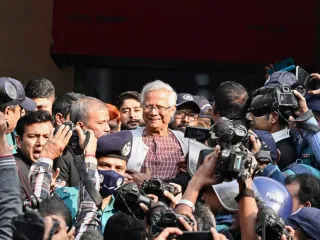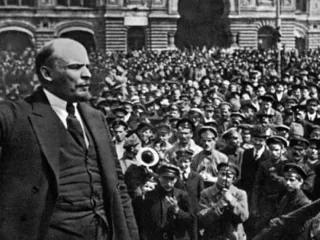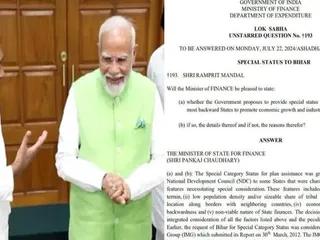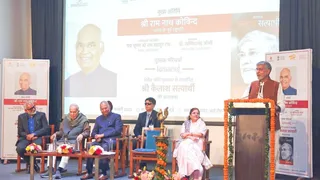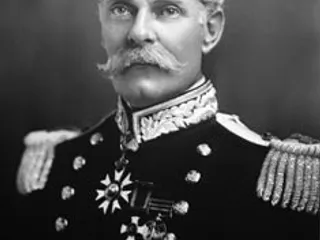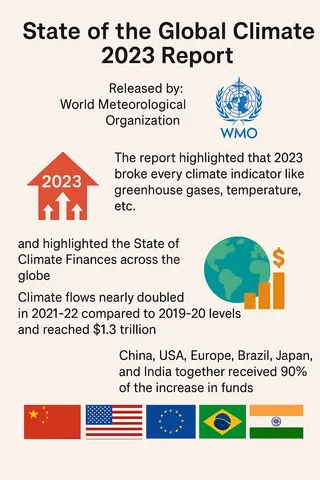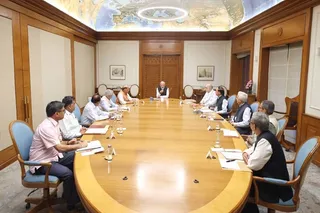The Non-Aligned Movement (NAM) is a group of states that are not formally aligned with or against any major power bloc. Born amidst the Cold War's ideological struggle between the United States and the Soviet Union, NAM offered a pathway for newly independent nations to chart their own course on the world stage, advocating for self-determination, economic development, and peace.
Its origins can be traced back to the Bandung Conference of 1955, where 29 Asian and African nations met in Indonesia to forge a path of cooperation and mutual respect. Key figures like Jawaharlal Nehru of India, Gamal Abdel Nasser of Egypt, and Josip Broz Tito of Yugoslavia played pivotal roles in shaping this nascent movement. They shared a vision of a world free from colonialism and neo-colonialism, where nations could pursue their own development agendas without succumbing to the pressures of superpower rivalry.
The core principles of NAM include: national independence, sovereignty, territorial integrity, non-interference in internal affairs, and peaceful coexistence. These principles underscored the movement's commitment to upholding international law, promoting multilateralism, and resolving international disputes through peaceful means. NAM also staunchly opposed colonialism, apartheid, and all forms of racial discrimination, advocating for the dismantling of these oppressive systems globally.
During the Cold War, NAM's commitment to neutrality was crucial. While not explicitly anti-communist or anti-capitalist, the movement successfully navigated the fraught geopolitical landscape, avoiding entanglement in the superpower rivalry. It provided a platform for dialogue and cooperation among nations with diverse political and economic systems, fostering a spirit of solidarity among the newly independent states of the developing world. However, maintaining true neutrality was always a challenge, and several NAM members often leaned towards one superpower or the other for economic or security reasons.
Despite its successes, NAM faced numerous challenges throughout its history. The Cold War's end brought about a shifting global power dynamic, leading to questions about NAM's continued relevance. The rise of new global power centers, the persistent issue of economic inequality, and the emergence of new security threats, such as terrorism, presented fresh obstacles. Internal divisions among member states on various issues also tested the movement's cohesion.
In recent years, NAM has strived to adapt to a rapidly changing world. It continues to address crucial issues such as climate change, poverty, and sustainable development, emphasizing the need for global cooperation and equitable distribution of resources. While the movement's influence may have diminished compared to the Cold War era, NAM's commitment to the principles of self-determination, peace, and justice remains a vital voice in international relations. Its legacy as a significant actor in the decolonization process and its enduring advocacy for the rights of developing nations continue to be its most important contributions to the international political landscape.
Understanding NAM is crucial to understanding the complexities of the post-colonial world and the ongoing struggle for a more equitable global order. Its history serves as a reminder of the importance of national sovereignty, peaceful conflict resolution, and the pursuit of a world where all nations can thrive without undue influence from external powers.









 (24)jpeg-1722421859875.jpeg.webp)






